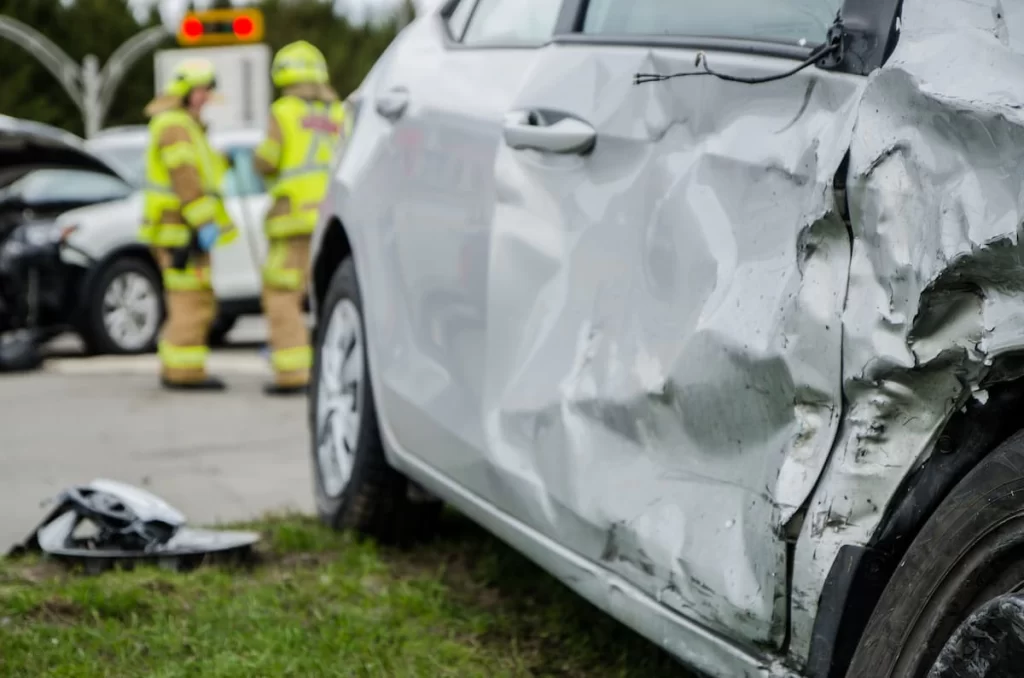There are several other factors that contribute to the vulnerability of individual vehicles in a St. Louis auto accident.

Have you ever wondered why some cars are more vulnerable than others in an accident? At first glance, it may seem like it’s simply a matter of design. After all, some cars feature a less complex structural design, which might be at greater risk for damage during a collision. However, this explanation doesn’t tell the whole story, and there are several other factors that contribute to the vulnerability of individual vehicles in a crash.
Size and Weight
At the top of this list are size and weight. Because larger vehicles have a higher center of gravity, they are more susceptible to rollovers in car accidents than smaller and lighter vehicles, especially when navigating curves or traveling on uneven terrain. In addition, bigger vehicles often carry heavier loads or tow trailers that require additional braking power to slow down quickly when needed.
On the other hand, bigger vehicles generall offer better crash protection than smaller, lighter vehciles. Crumpling helps the area of the car between the front bumper and the occupant compartment absorb impact energy. The longer front ends of larger cars therefore provide more protection in head-on collisions.
The Speed at the Time of the Crash
Speed is another crucial factor when it comes to car accidents. The faster a vehicle is going at the moment of impact, the more likely it is to sustain significant damage. Not only does a fast speed put stress on the car as a whole, but it can also lead to much greater injuries for passengers and drivers alike, as impacts in a crash are intensified according to the velocity of the vehicles involved. Ultimately, driving at high speeds puts not only yourself but everyone on the road at risk, so it is always best to maintain appropriate and safe speeds at all times.
Type of Accident
The third factor that affects how vulnerable a car is in an accident is the type of accident that occurs. Some types of accidents are simply more dangerous than others. For example, head-on collisions are usually much worse than rear-end collisions. This is generally because head-on collisions involve two vehicles crashing into each other at high speeds, while rear-end collisions usually involve one vehicle hitting another from behind at lower speeds. Other types of dangerous accidents include rollovers and sideswipes.
Environmental Conditions
Of course, even the most advanced safety features cannot completely protect drivers in every conceivable scenario. Environmental factors such as poor weather conditions can also play a role in how vulnerable your car may be in an accident. For example, wet roads can increase stopping distances for braking or steering maneuvers due to less friction between tires and pavement. Similarly, rain or snowfall can impair visibility even if your windows are clear and windshield wipers are working properly.
St. Louis Auto Accident Lawyer
Unfortunately, despite your best efforts to drive safely, accidents still happen. Our legal team has 25 years of experience handling car injury cases, and we know what it takes to build a strong case get injured car accident victims the compensation they need and deserve to move forward. If you have been involved in a car accident, give us a call 24/7 for a free consultation with an experienced St. Louis auto accident lawyer.
Why Choose Us vs TV Lawyers?
Direct Attorney Access
Maximum Settlement Focus
Trial-Ready Cases
Paralegal Handling
Quick Settlement Push
Settlement-Only Focus
Free Consultation with a St. Louis Car Accident Lawyer
Don’t talk to an insurance claims adjuster before speaking with The Hoffmann Law Firm, L.L.C. We can help you avoid making statements that may affect the outcome of your case. The consultation is free; you don’t pay unless we get you money!
